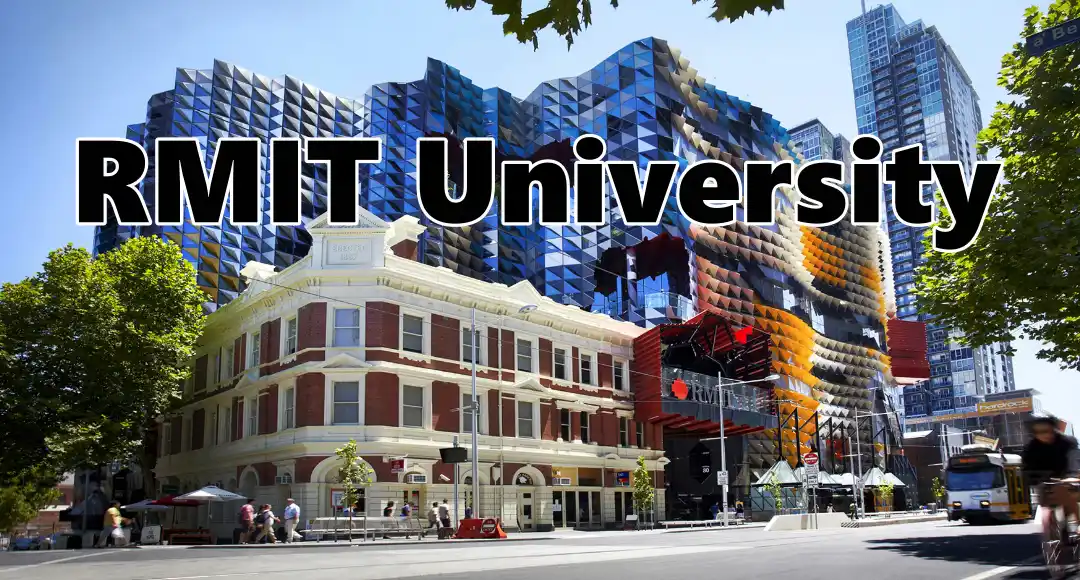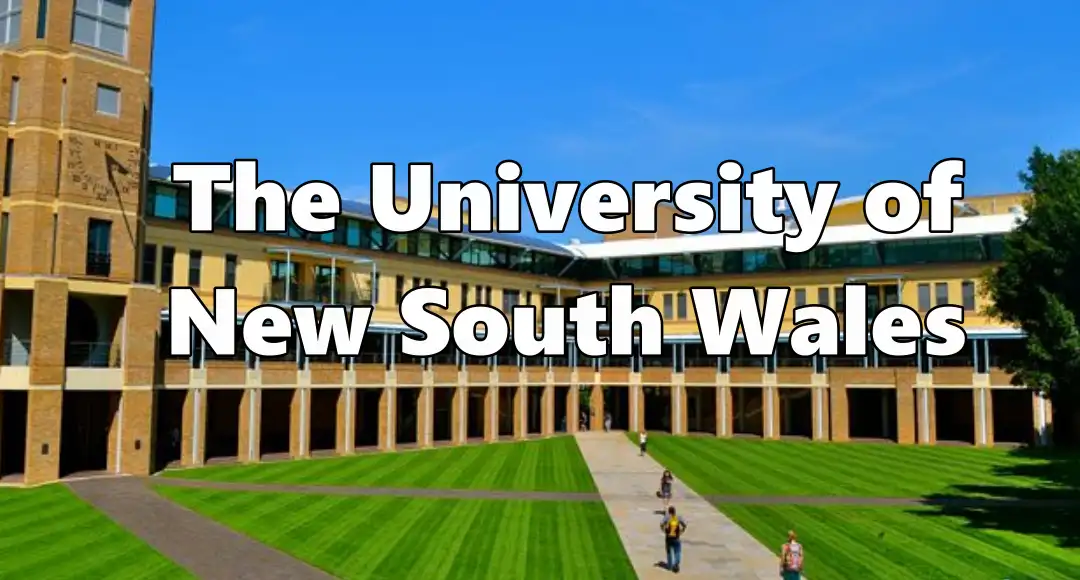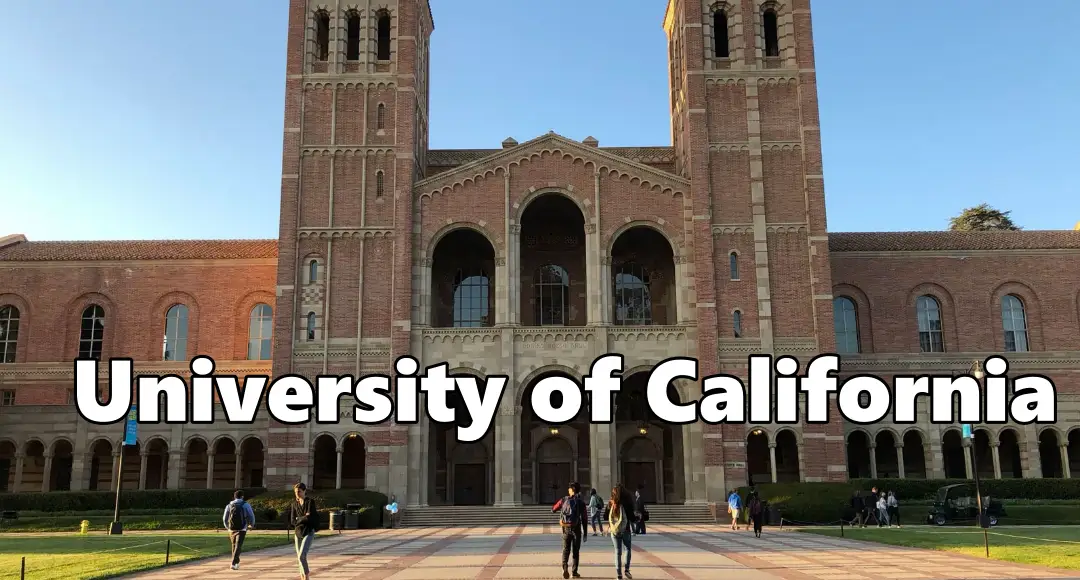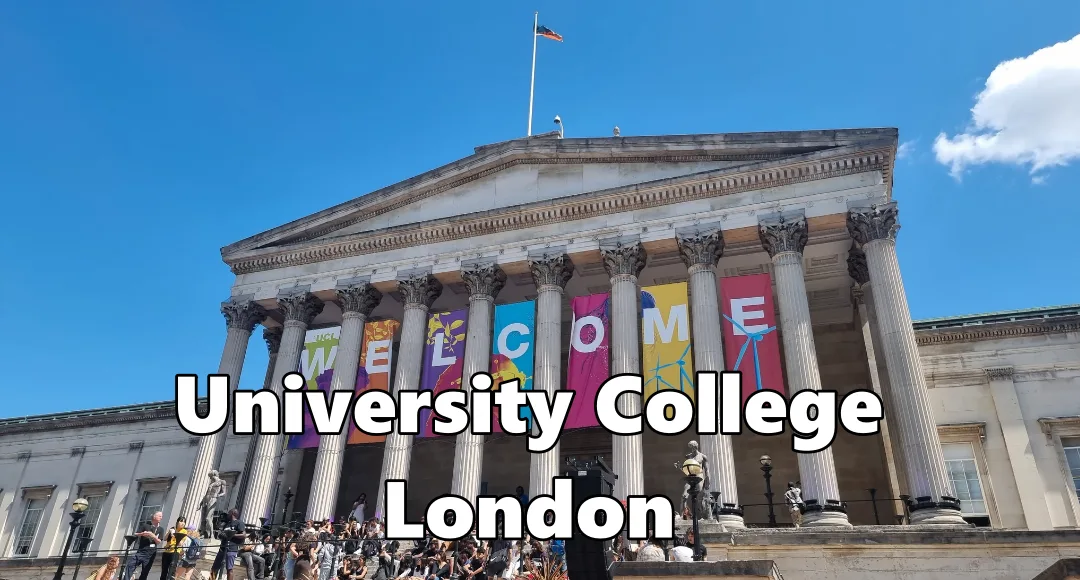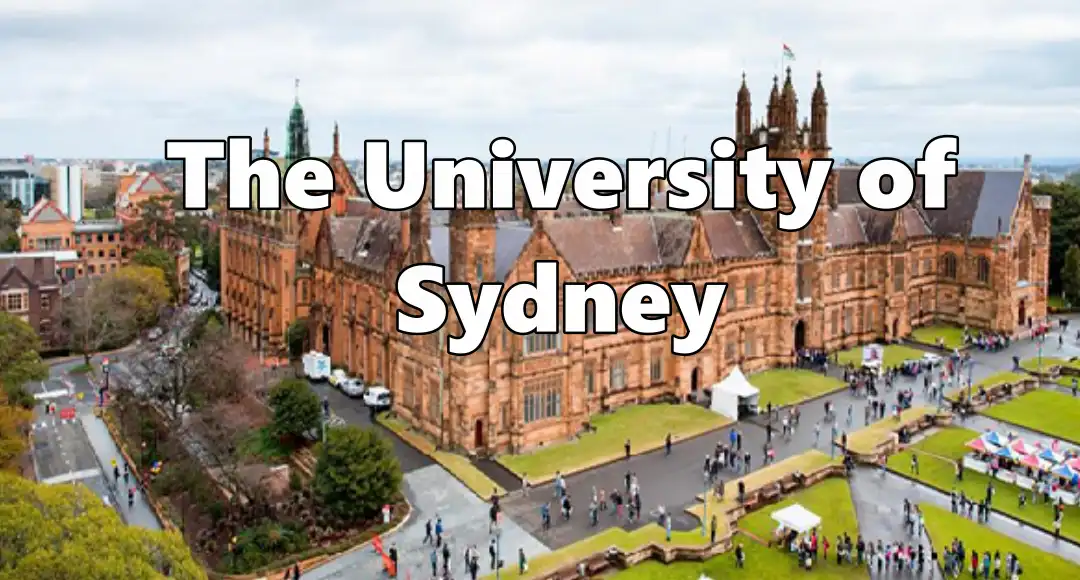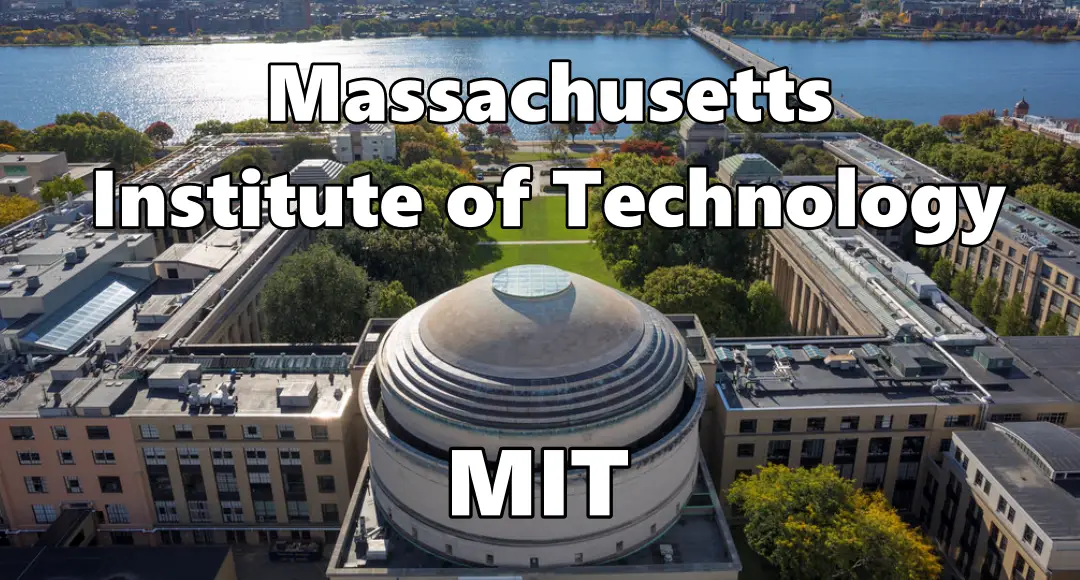RMIT University: Unlock Your Potential with World-Class ProgramS
RMIT University is one of Australia’s leading institutions for higher education and research. Located in the heart of Melbourne, RMIT is globally recognized for its focus on technology, design, and innovation. Offering a range of programs across various fields, RMIT blends academic excellence with practical experience to help students thrive in a fast-changing world. The university’s strong ties to industry, combined with its creative and dynamic learning environment, make it a popular choice for students from around the world.
History and Founding of RMIT
RMIT was founded in 1887 as the Working Men’s College, to provide practical, technical education to the working class. It was established by a group of visionaries, including Francis Ormond, who believed that education should be accessible to all, regardless of background. The college offered a range of vocational courses and rapidly grew in popularity. In 1960, it was granted university status, becoming RMIT University.
Growth and Development (1950-Present)
Throughout the 20th century, RMIT expanded its academic offerings and infrastructure. It evolved into a leader in technology, design, and engineering, with a strong focus on practical education. The university’s location in Melbourne, Australia’s cultural and technological hub, allowed it to form strong industry connections, further enhancing its reputation.
Modern RMIT
Today, RMIT is one of the largest universities in Australia, offering a wide array of undergraduate, postgraduate, and research programs. With a strong emphasis on global connections and innovation, RMIT continues to be a leader in technology and design education, offering students the tools they need to succeed in an ever-evolving job market.
RMIT’s Campus and Location
RMIT is centrally located in Melbourne, one of the world’s most vibrant cities. Its campus includes modern facilities, including purpose-built spaces for creative and technical disciplines. RMIT’s main campus is a blend of historic buildings and state-of-the-art facilities, providing students with an immersive learning environment.
Iconic Buildings and Landmarks
RMIT’s campus features several notable buildings, including:
- The RMIT Building 8 – A modern, architectural landmark housing design and engineering programs.
- Swanston Academic Building – A multi-level building that serves as the hub for student services, lectures, and study spaces.
- The Design Hub – A unique space dedicated to creativity, innovation, and design.
- The Storey Hall – A key cultural venue hosting student exhibitions, performances, and industry events.
RMIT’s central location in Melbourne also means students have easy access to the city’s vibrant arts, culture, and job market.
Academic Programs at RMIT
RMIT offers a wide range of academic programs across various disciplines, including:
- School of Design – Offers programs in graphic design, industrial design, architecture, and fashion.
- School of Engineering – Provides programs in electrical, mechanical, civil, and aerospace engineering.
- School of Computer Science and IT – Known for its cutting-edge programs in information technology, data science, and cybersecurity.
- School of Media and Communication – Offers degrees in journalism, public relations, digital media, and advertising.
- School of Business and Management – Features programs in business administration, marketing, and international business.
- School of Health and Medical Sciences – Provides programs in nursing, health sciences, and biomedical sciences.
Popular Programs at RMIT
RMIT is especially well-known for its innovative programs in design, technology, and engineering. Some of the most popular programs at RMIT include:
- Fashion Design
- Graphic Design
- Mechanical and Civil Engineering
- Data Science and Information Technology
- Business and Management
- Creative Industries
Innovative Research and Learning Approach
RMIT emphasizes a hands-on, practical learning approach. Many programs incorporate industry placements, work-integrated learning, and project-based learning into their curricula. This approach ensures that students graduate with not only theoretical knowledge but also practical experience that is highly valued by employers.
Admissions at RMIT
The admissions process at RMIT involves submitting an online application along with the necessary documentation. Common requirements include:
- High school transcripts (for undergraduate programs)
- Bachelor’s degree transcripts (for postgraduate programs)
- Personal statement or portfolio (depending on the program)
- English language proficiency test scores (for international students)
RMIT’s Selectivity and Acceptance Rate
RMIT has a competitive admissions process, with selectivity varying depending on the program. Highly sought-after programs, such as fashion design and engineering, may have higher entry requirements due to their popularity.
Student Life at RMIT
RMIT offers a variety of on-campus accommodation options, although many students choose to live in private housing around Melbourne. The university’s campus is centrally located, making it easy for students to find convenient housing close to their classes.
Extracurricular Activities and Clubs
RMIT has a vibrant student community with over 100 student-run clubs and societies. Some of the most popular groups include:
- RMIT Drama Society – For students interested in theatre and performance.
- RMIT Engineering Society – A network for students studying engineering and related fields.
- RMIT Media Society – For students interested in media, journalism, and digital technologies.
- RMIT Sports Clubs – Including football, basketball, and fitness clubs.
Diversity and Inclusion
RMIT is a diverse university, that welcomes students from all over the world. The university is committed to providing an inclusive environment for students of all backgrounds, with support services for international students, underrepresented communities, and students with disabilities.
Notable Alumni of RMIT
RMIT has produced many successful graduates who have made significant contributions to various industries. Some notable alumni include:
- David Jones – CEO of David Jones Department Store.
- Miranda Kerr – Supermodel and entrepreneur.
- Steven Tilley – Co-founder of the popular design firm, Tilley & Company.
RMIT’s Global Impact
RMIT has a strong research culture, with a focus on real-world solutions in areas like technology, design, and sustainability. The university partners with industries, government bodies, and international institutions to address global challenges, including climate change, digital transformation, and health.
Financial Aid and Scholarships
Tuition fees at RMIT vary depending on the program and the student’s residency status. For international students, fees are generally higher than for domestic students. RMIT offers competitive pricing compared to other Australian universities.
Scholarships and Grants
RMIT offers a variety of scholarships to both domestic and international students, including merit-based scholarships, equity scholarships, and scholarships for specific programs. These scholarships help support students in their studies and reduce the financial burden of tuition.
Career Opportunities and Job Placements
RMIT has strong ties with industry leaders across various sectors, providing students with opportunities for internships, industry placements, and networking. Many programs at RMIT are designed to incorporate practical work experience, allowing students to build professional networks and gain valuable insights into their chosen industries.
Employment Outcomes and Alumni Network
RMIT graduates are highly regarded by employers for their practical skills and innovative thinking. The university’s strong alumni network provides ongoing career support and opportunities for graduates, making it easier for them to enter the job market.
Conclusion
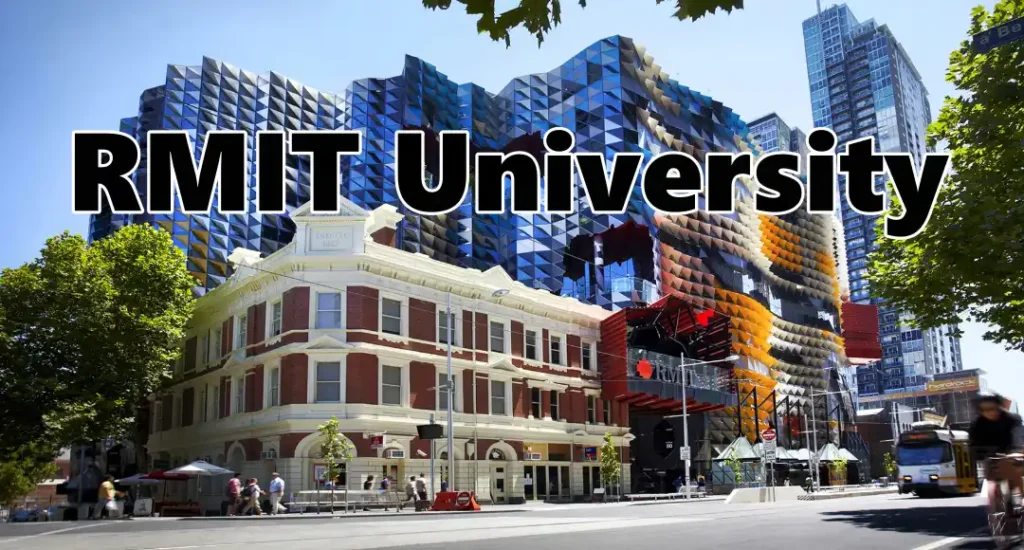
RMIT University is a dynamic institution that offers students a world-class education in fields such as technology, design, engineering, and business. Its practical approach to learning, strong industry connections, and diverse student body make it a top choice for students seeking to make an impact in their chosen fields. Whether you’re interested in creative arts, engineering, or business, RMIT provides an environment where students can thrive and develop the skills they need to succeed in today’s fast-paced world.
